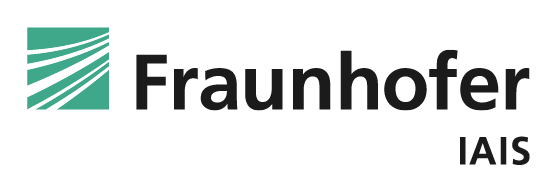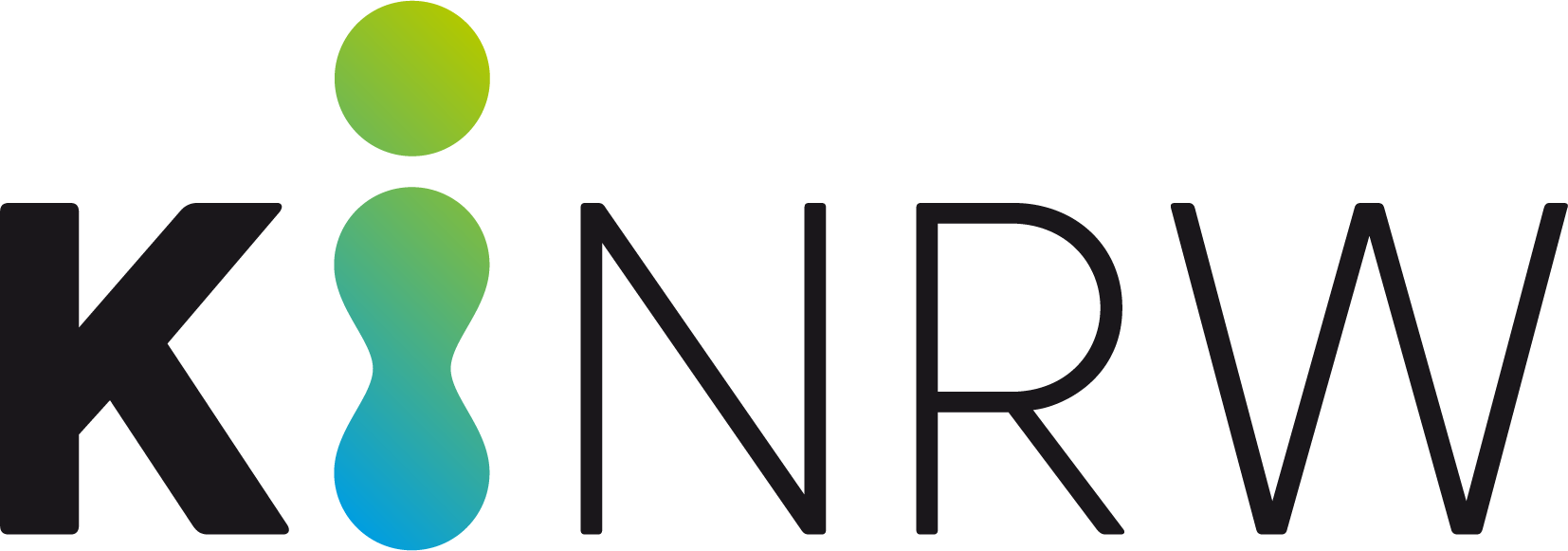LWDA 2020
Lernen, Wissen, Daten, Analysen
9. – 11. Sept
Die LWDA, »Lernen, Wissen, Daten, Analysen«, ist eine der wichtigsten deutschen Forschungs-Konferenzen mit dem Fokus auf Wissensentdeckung, Maschinelles Lernen & Data Mining, Wissensmanagement, Datenbankmanagement & Informationssysteme sowie Information Retrieval. Im Jahr 2020 findet sie unter dem Dach der Intelligent Future Days erstmals digital statt.
Die LWDA 2020 wird vom Fraunhofer-Institut für Intelligente Analyse- und Informationssysteme IAIS und der Universität Bonn organisiert. Die Konferenz bringt die verschiedenen Interessengruppen der Gesellschaft für Informatik in diesem Bereich zusammen. Das Programm besteht aus Keynotes, Workshops und gemeinsamen Forschungssitzungen, die von jeder Interessengruppe organisiert werden.
Programm
Day 1
13:00 – 13:30 Uhr
Opening
Prof. Dr. Stefan Wrobel (Institute Director Fraunhofer IAIS)
13:30 – 15:00 Uhr
Keynote
Prof. Dr. Geoff Webb (Monash University)
Time series classification at scale
Time series classification is a fundamental data science problem, providing understanding of dynamic processes as they evolve over time. The recent introduction of ensemble techniques has revolutionised this field, greatly increasing accuracy, but at a cost of increasing already burdensome computational overheads. I present new time series classification technologies that achieve the same accuracy as recent state-of-the-art developments, but with many orders of magnitude greater efficiency and scalability. These make time series classification feasible at hitherto unattainable scale.
15:00 – 15:30 Uhr
Break
15:30 – 16:30 Uhr
Joint Research Track
Solving Abstract Reasoning Tasks with Grammatical Evolution
(Raphael Fischer, Matthias Jakobs, Sascha Mücke and Katharina Morik)
Construction of a Corpus for the Evaluation of Textual Case-based Reasoning Architectures
(Andreas Korger and Joachim Baumeister)
Modeling Interdependent Preferences over Incomplete Knowledge Graph Query Answers
(Till Affeldt, Stephan Mennicke and Wolf-Tilo Balke)
16:30 – 18:00 Uhr
Poster Session
Day 2
13:00 – 14:30 Uhr
Keynote
Prof. Dr. Kristian Kersting (TU Darmstadt)
On Hybrid and Systems AI
Our minds make inferences that appear to go far beyond standard machine learning. Whereas people can learn richer representations and use them for a wider range of learning tasks, machine learning algorithms have been mainly employed in a stand-alone context, constructing a single function from a table of training examples. In this talk, I shall touch upon a view on AI and machine learning, called Systems AI, that can help capturing these human learning aspects by combining different AI and ML models using high-level programming. Since inference remains intractable, existing approaches leverage deep learning for inference. Instead of “just going down the neural road,” I shall argue to also use probabilistic circuits, a deep but tractable architecture for probability distributions. This hybrid approach can speed up inference as I shall illustrate for unsupervised science understanding, database queries and automating density estimation.
14:30 – 15:30 Uhr
Parallel Research Track
DB, KDML, WM
15:30 – 16:00 Uhr
Break
Day 3
13:00 – 14:00 Uhr
Parallel Research Track
BIA, KDML
14:00 – 15:00 Uhr
Parallel Research Track
KDML, WM
15:00 – 15:30 Uhr
Break
15:30 – 16:30 Uhr
Keynote
Prof. Dr. Thomas Gärtner (TU Wien)
Interactive Machine Learning with Structured Data
In this talk I’ll give an overview of our contributions to what I call interactive machine learning. Often, interaction in Computer Science is interpreted as the interaction of humans with the computer but I intend a broader meaning of the interaction of machine learning algorithms with the real world, including but not restricted to humans. Interactions with humans span a broad range where they can be intentional and guided by the human or they can be guided by the computer such that the human is oblivious of the fact that he is being guided. Another example of an interaction with the real world is the use of machine learning algorithms in cyclic discovery processes such as drug design. Important properties of interactive machine learning algorithms include efficiency, effectiveness, responsiveness, and robustness. In the talk I will show how these can be achieved in a variety of interactive contexts.
16:30 – 17:00 Uhr
Closing
Attending
As a consequence of the COVID-19 pandemic LWDA 2020 will be the first virtual LWDA conference. The conference will keep the regular setting with paper and poster presentations. All participants are required to register free of charge. We request all participants to register free of charge on our homepage.
Registration is open.
The conference will use a virtual plattform to support Video, Audio and Chat communication both as broadcast for presentations and on a one-to-one basis for personal exchange. Participation requires a computer and an internet connection. A quiet surrounding for participation at the conference is highly recommended. Authors are additionaly required to have a microphone, a camera and enough bandwidth to share their presentation and video simultaneously. For those in doubt about their internet connection we offer to prerecord the presentation and send it to the local chair as backup. We will provide additional information to all registered participants and are happy offer a pre conference test on September 7th and 8th. Access details will be provided to all registered participants. You will receive a certificate of attendance after the conference in electronic form.
Chair

Dr. Daniel Trabold
Fraunhofer-Institut für Intelligente Analyse- und Informationssysteme IAIS
Schloss Birlinghoven
53757 Sankt Augustin, Germany
Phone +49 2241 14-2751
Bonn Image: ©travelview – stock.adobe.com






